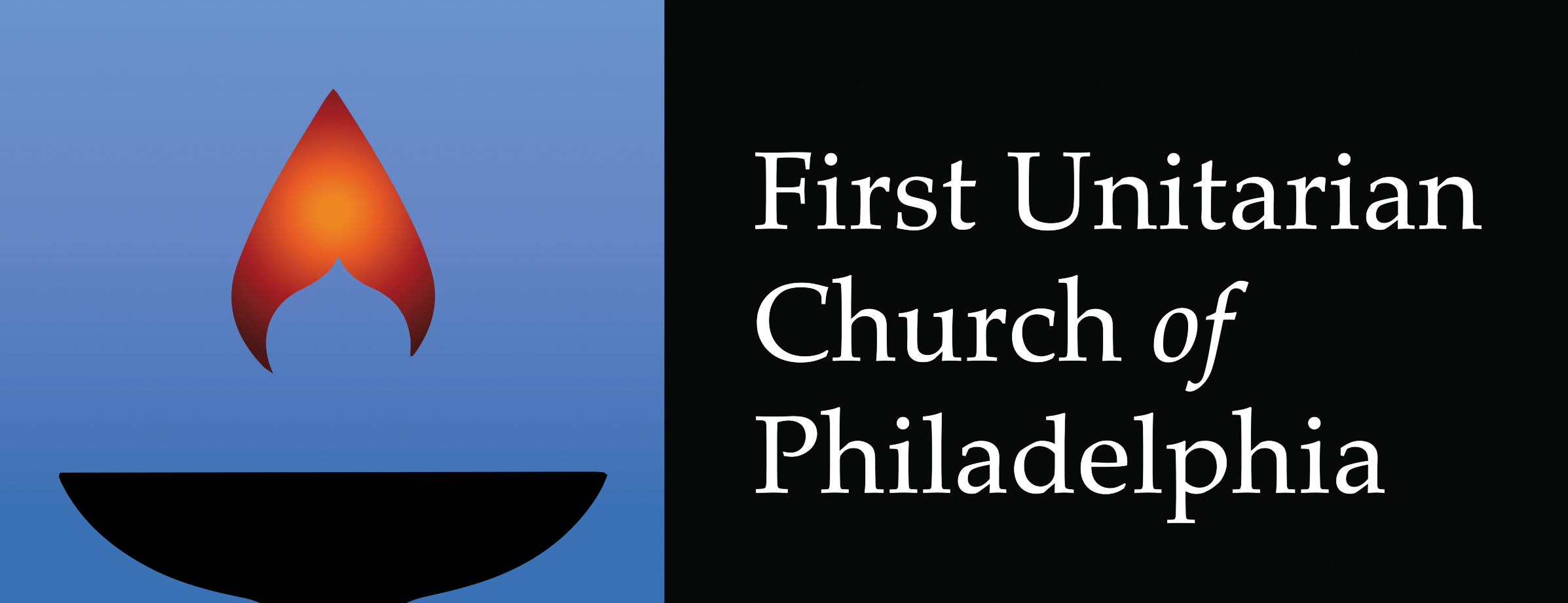Our Congregation
On June 12, 1796, twenty of Philadelphia’s intellectual leaders formed the First Unitarian Society of Philadelphia. We were the first continuously functioning church in the country to proclaim itself “Unitarian”. The founders were directed and encouraged by the Unitarian minister Joseph Priestley, better known as the father of modern chemistry for his discovery of oxygen. Priestley had fled from England to Pennsylvania after his church, home and laboratory were burned by angry supporters of the Church of England. The small but growing congregation was lay-led until 1825, when William Henry Furness was persuaded to serve as our first minister. This young Unitarian minister from Boston ultimately stayed in the role for 50 years. Over time, Rev. Furness became one of the few abolitionist ministers in the city. He counted among his friends such notable figures as Ralph Waldo Emerson, Henry David Thoreau, Walt Whitman, and Bronson Alcott. His son, Frank Furness, was the architect of our current building, the third to serve as our church home.
As noted above, Rev. William Henry Furness served as our minister for 50 years. He is perhaps best remembered for delivering abolitionist sermons prior to the Civil War, at times under the protection of armed members of the congregation. He is also believed to have escorted John Brown’s body through Philadelphia under cover of darkness to avoid mobs seeking to desecrate the corpse.
Frances Ellen Watkins Harper, the first woman of African descent to have her writings published in the United States, was a member of First Church from 1870 until her death in 1911. She is best known for her fiction and poetry, but was also a political activist and lecturer who promoted civil rights, temperance, and women’s rights.
Beginning in 1968, Rev. Victor H. Carpenter led our congregation into social activism on issues such as prison reform, civil rights, black empowerment, woman’s liberation and especially the peace movement. Long-time members recall candle vigils on our main entrance porch to protest the Vietnam War.
In 2007, Reverend Nate Walker became the first openly gay minister the year after we officially became a Welcoming Congregation. All clergy who have served the congregation since Rev. Nate’s tenure also identify as LGBTQ.
In 2016, Reverend Abbey Tennis became the first woman to serve as solo called minister to First Unitarian church. She became Lead Minister in 2019 when Reverend Hannah Capaldi joined the staff as Minister for Faith Formation.
Click here to watch a brief video about the abolitionist ministry of William Henry Furness (1824-1875) in relation to Dr. Joseph Priestley, father of modern medicine and the legacy of Laura Towne, founder of the Penn School, the first school for free slaves. Rev. Nate delivered this speech on May 3, 2009 at the Unitarian Universalist Fellowship of Beaufort, South Carolina and connects our church’s history to that of William Lloyd Garrison, William Ellery Channing, Pierce Butler and John Brown.

